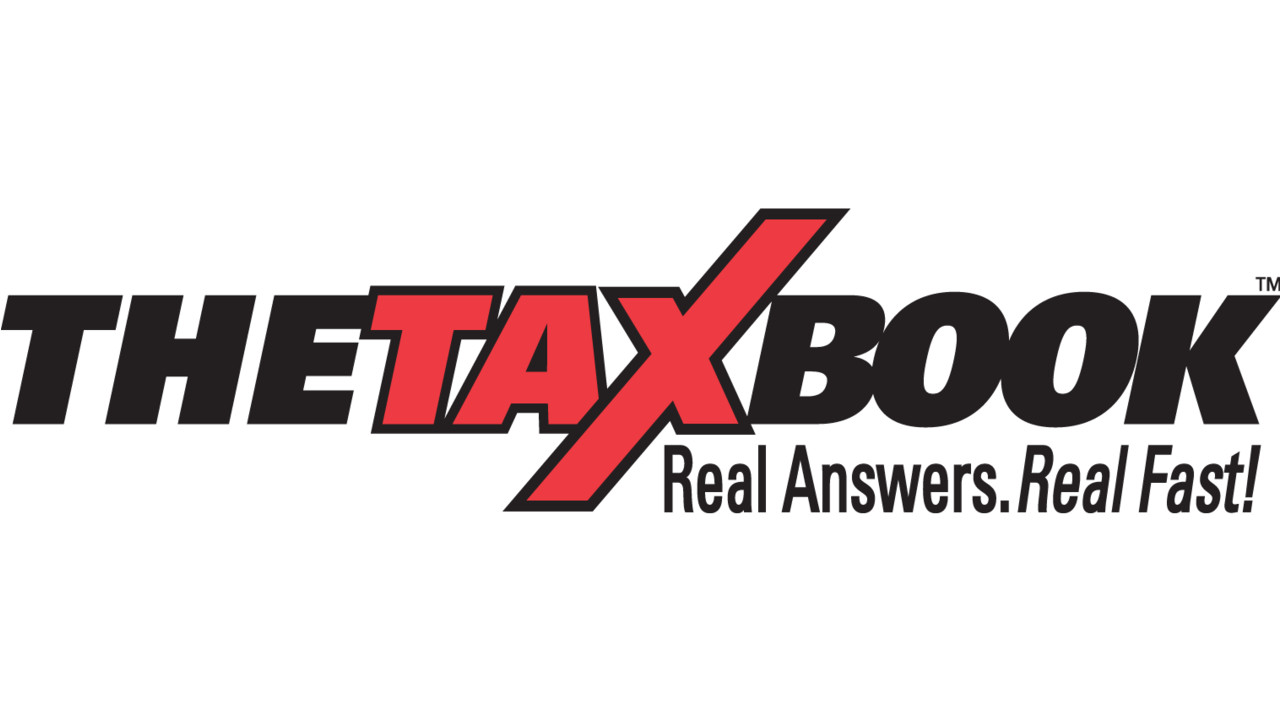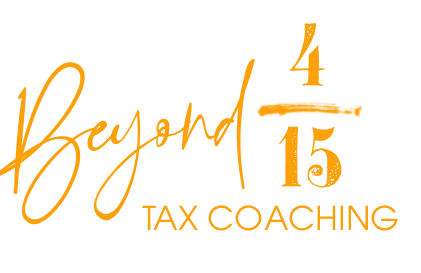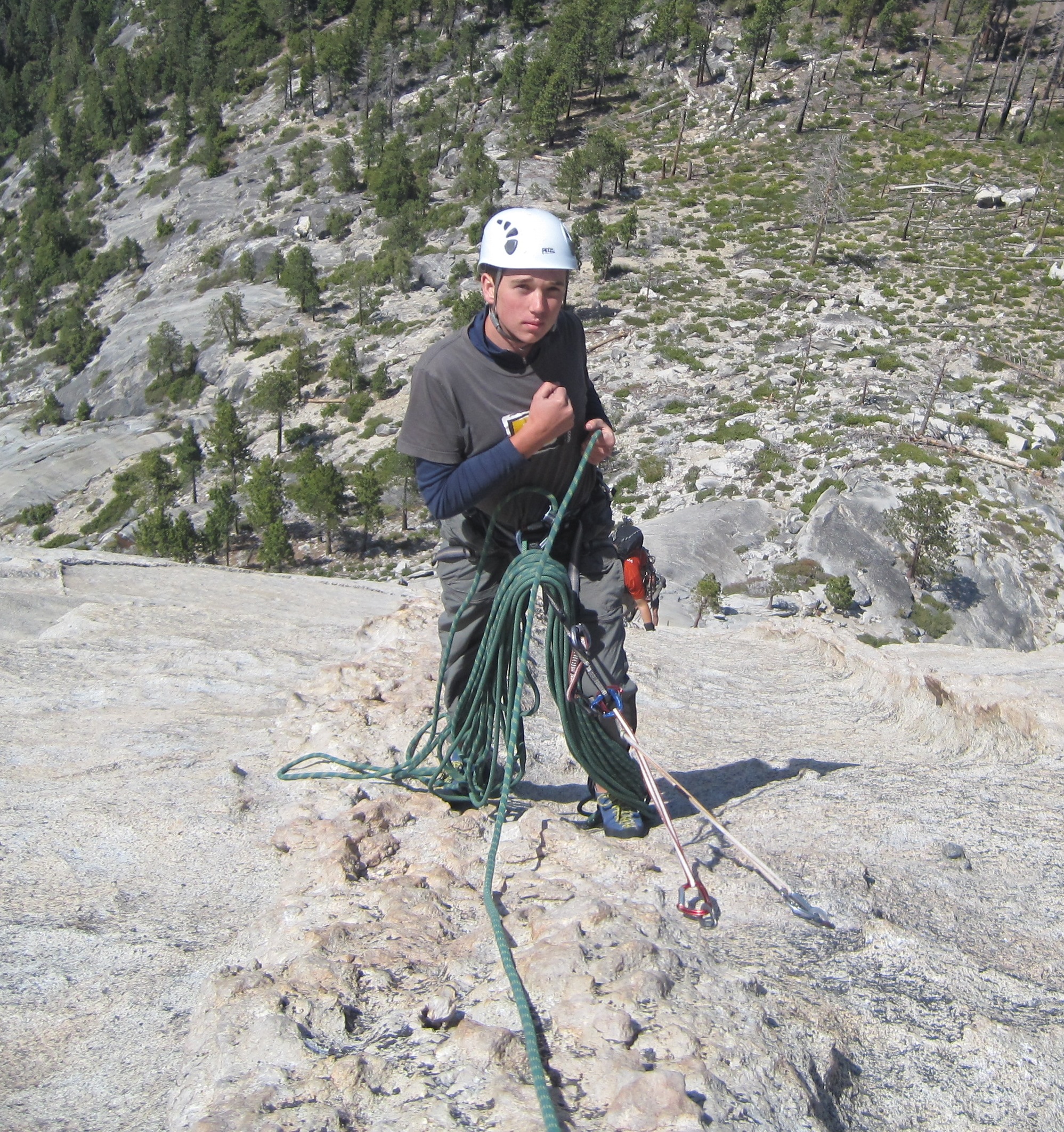|
In This Issue...
- From the President
- Save the date for the 2020 Summer Symposium
- January 2020 Chapter Events
- Running Start 2020 - San Diego County Chapters
- Welcome New CSTC Members
- January 2020 Board Meeting
- Legislative Advocacy
- News from the IRS
- Join CSTC!
CSTC Member Benefits

CSTC members have access to benefits such as free payroll processing services for your tax practice, and the opportunity to earn new revenue through their flexible partnership options.

CSTC is pleased to include the VeriFyle ProTM premium secure online document and message sharing service at no cost to CSTC members!

Wolters Kluwer: Discounts on Tax, Accounting & Audit Resources, Software, Information & Services.

CSTC members receive the TaxBook WebLibrary at a special price
Other Member Benefits Include:
$ Savings on all Society Educational Events
$ Savings on Contact, Correspondence & Self Study Education
$ Savings with member specialty CSTC Connects (previouslyYellow Pages) list
$ Savings with E & O Insurance, plus specialty coverage relevant to your profession
$ Online CSTC Find-a-Tax Consultant search to help promote your business!
$ CSTC Member Listserv

Office Depot has partnered with us to provide exclusive savings in-store and online, plus fantastic additional benefits. This program is all about providing preferred pricing to our clubs, and the savings extend to almost every item.
Savings include 20% to 55% off item office supply core list, 20% to 55% off retail on cleaning & break room items, 10% off branded; 20% off private brand ink & toner core list, Average 10% off retail on 200 technology core items, Free next-day shipping on orders of $50 or more, and SIGNIFICANT savings on copy & print. Become a CSTC member to sign up for our Office Depot Small Business Savings Program, administered by Excelerate America.

We are a professional full-service tax advisory firm in San Diego. Our goal is to provide a level of service for our clients that will exceed expectations in every possible way. We strive to offer a diverse level of services to meet the needs of the diverse community we have been working in for more than 30 years.

TaxMama's® EA Exam Course prepares tax professionals to do so much more than just pass the IRS' Special Enrollment Examination. This is an in-depth course that teaches tax law from the ground up. It explains how tax returns work, with examples of basic 1040s, Schedule Cs, 1065s, 1120s, and 1120Ss; you learn tax law, tax research, client representation for audits, appeals and collections.

If you are interested in buying or selling a practice, contact us today! ATB is operated by Enrolled Agents ensuring a complete understanding of our profession. Please give us a call at (855) 428-2225 or visit us online at www.ATBCAL.com for more information and to view our current listings.
CA DRE 02002824
CSTC Mission
CSTC advances professionalism within the tax industry by:
- Providing quality education
- Creating networking opportunities
- Advocating professional standards
|
From the President
HAPPY NEW YEAR!
May 2020 be filled with all the success you are looking forward to!
******
BEING PATIENT WITH OTHERS
Ever been rock climbing?
To get to the top of the rock . . . you have to climb. (Obvious, I know!) You  need to place your hands and feet on the rock in a particular way to grip it and pull and push your way up. For your hands you try to find crimps, jugs, pinches, jambs, finger locks, and underclings. Basically anything you can hold onto with hands, fingers, and fingertips. For your feet you need to find ledges, foot holds, jibs, dime edges, smears, jambs, and heel hooks. Basically, anything that you can get your foot to stick to so you can put weight on your feet. On the hard climbs, it really matters where you put your fingers, hands, and feet. The sequence in which you do things also matters. You can’t just grab and go or you won’t be able to do the climb. need to place your hands and feet on the rock in a particular way to grip it and pull and push your way up. For your hands you try to find crimps, jugs, pinches, jambs, finger locks, and underclings. Basically anything you can hold onto with hands, fingers, and fingertips. For your feet you need to find ledges, foot holds, jibs, dime edges, smears, jambs, and heel hooks. Basically, anything that you can get your foot to stick to so you can put weight on your feet. On the hard climbs, it really matters where you put your fingers, hands, and feet. The sequence in which you do things also matters. You can’t just grab and go or you won’t be able to do the climb.
A few years ago, my son Tyler and I went to Mission Trails climbing area in San Diego to climb a very fun moderate climb called ”Monkey Dance”. This climb requires precise hand and foot placement. You start by climbing out and around an over-hanging ledge. Once on top of the ledge, you need to “bear hug” the rock while reaching into a high crack with your Right hand, then carefully moving your Left hand into the same crack. Continuing up the crack and the rock face you find various chunks of rock to hang onto and stand up on.
When it was Tyler’s turn, I tried to get him to do it like I did. I gave him lots of instructions; "hug the rock", "move your hand more to the Left", "reach further to the Right", etc., etc., but no matter how hard he tried, he could not climb up the rock face the way I was telling him to. Tyler kept falling and was getting really frustrated. I was getting frustrated too. He just could not do it the way I knew he should be able to. But, then he started to do it his own way, and to find different hand holds and foot holds that worked better for him. He completed the climb with no problem. What a great lesson for me!
You see, each of us is unique and different. We are not built the same way. My arms are longer than Tyler’s and I’m a little taller. He has different strengths and his body has a different center of gravity. He uses his hands and fingers differently than I do and he sees things differently than I do. Is he wrong and I am right? Not at all. We are simply different and do things differently. Our goal was the same - to get up the rock - but our method was different and ultimately using the same method did not matter.
THE LESSON
The lesson I learned that day on Monkey Dance was that when Tyler was climbing, my job was to be a good belayer, not a move-by-move instructor. As belayer, my job was to make sure his safety gear was functioning, to catch him each time he fell, and to make sure to give him enough slack. I needed to be patient and let him work out the problem on his own and in his own way. My job as his climbing partner and dad was to teach him the techniques of climbing, and let him figure out how to apply what he learned.
As parents, employers, leaders, and friends, we can relate to this story because we are called upon to teach, train, and lead others. Years of practice have taught us how to do many things and we each have our own way of doing things. As we have practiced and produced work we get pretty set in our ways and sometimes we think our way is the only right way. It is not. By expecting others to act and to do things the same way we do, we will only get frustrated. Perhaps the reason someone acts or does things differently is because of their background, upbringing, past experiences, or even because of trouble they are currently facing. Perhaps they are having trouble due to lack of confidence, fear of doing it wrong, or simply not understanding how to do something. Perhaps if we let them do it ”their way” we might be happy with the results and can learn from them.
BEING PATIENT WITH OTHERS
Here are a few tips I have picked up in my study of this topic:
When you meet someone, treat them as if they were in serious trouble, and you will be right more than half the time. – Henry Eyring
Give everyone more slack. - L. Whitney Clayton
Be generous. Apply the most generous interpretation to people's thoughts, words, and actions. - Brené Brown
Give people the benefit of the doubt. - Cindy Pollard
I hope that as we move together through 2020, we will be more patient with others and with ourselves. How wonderful would it be if we could see the best in people and give them the benefit of the doubt.
Thanks for all you do!
Your friend,
Gary Quackenbush, CSTC President
Save the Date for the 2020 Summer Symposium!

More Information Coming Soon!
January 2020 Chapter Events
January 4, 2020
Topic: Tax year 2019 Update Workshop
Inland Empire Chapter Meeting
4 Federal Update Hours
2 Ethics Hours
2 California Hours
January 5, 2020
Topic: Round Table Discussion
San Gabriel Valley Chapter Meeting
2 Federal Law Hours
January 9, 2020
Topic: Running Start
Hosted by the San Diego County Chapters
6 Federal Update Hours
2California Hours
January 10, 2020
Topic: Running Start
Hosted by the San Diego County Chapters
6 Federal Update Hours
2California Hours
Topic: Business Tax Law Updates & Individual Tax Law Updates
Orange County Chapter Meeting
4 Federal Tax Law Hours
4 Federal Update Hours
January 11, 2020
Topic: Running Start
Hosted by the San Diego County Chapters
6 Federal Update Hours
2California Hours
January 14, 2020
Topic: Taxbooks, Ethics, and New Federal Updates
Central Valley Chapter Meeting
5 Federal Law Hours
2 Ethics Hours
1 Federal Update Hour
January 15, 2020
Topic: Plan Designs for Small Businesses
San Diego Chapter Meeting
1 Federal Tax Law Hour
1 California Hour
Topic: Cost Segregation - What is It? / New California Employment Law on AB5
San Jose Chapter Meeting
1 Federal Update Hour
2 California Hours
January 18, 2020
Topic: 2019 Federal and California Update
San Francisco Bay Chapter Meeting
4 Federal Update Hours
2 California Hours
January 25, 2020
Topic: Federal & California 2019 Updates
San Jose Chapter Meeting
4 Federal Update Hours
2 California Hours
January 28, 2020
Topic: The Sharing Economy Including Cryptocurrency
Orange County South Chapter Meeting
2 Federal Law Hours
Click here to view the CSTC calendar.
Running Start 2020 - San Diego County Chapters
Description:
A comprehensive 1-day tax update for 2019 tax returns
• Overview of new tax laws
•Complete coverage of new IRS and CA forms
• Real-life examples of how to complete new forms
• 199A 20% business income deduction - examples for sole proprietors, S-corps & partnerships
• CA adjustments calculated and illustrated on 540 Sch CA
• Limitations on mortgage interest deductions
• Learn how to quickly and easily reconstruct acquisition/equity debt
• Line-by-line calculations on new IRS forms & worksheets
• Find out why many entertainment expenses are still deductible
• Determine which sales of business or rental property qualify for 199A deduction
• Case studies - client documents to completed tax return
Dates and Locations:
|
Thursday, January 9, 2020
Registration: 7:30 AM
Seminar: 8:00 AM to 4:50 PM
|
Friday, January 10, 2020
Registration: 7:30 AM
Seminar: 8:00 AM to 4:50 PM
|
Saturday, January 11, 2020
Registration: 7:30 AM
Seminar: 8:00 AM to 4:50 PM
|
|
Handlery Hotel
950 Hotel Circle North
Mission Valley, CA 92108
|
Sycuan Resort
3007 Dehesa Road
El Cajon, CA 92019
|
California Center for the Arts
340 N. Escondido Blvd.
Escondido, CA 92025
|
CLICK HERE TO LEARN MORE AND REGISTER
Welcome New CSTC Members!
Please help us in joining our newest CSTC Members!
Helen Hobbs
East County San Diego Chapter
Guadalupe Lozano
Inland Empire Chapter
Erica Martinez
San Diego Chapter
Anne McCaleb
Sacramento Chapter
Raul Mendoza
Greater Long Beach Chapter
Jessica OConnell
San Francisco Bay Chapter
Sandra Stolich
Central Valley Chapter
January 2020 Board of Directors Meeting
Date: Monday, January 13 and 14, 2020
Time: 10:00 am – 4:00 pm both days
Location: Holiday Inn Express & Suites Santa Ana, 1600 E First St, Santa Ana, CA 92701
*CSTC Members only*

Legislative Advocacy
CSTC has been the leading Association in supporting legislation to provide protection for our profession, to support our profession, and to enhance our profession. CSTC continuously leads our industry through legislative advocacy, educational opportunities, and professional inclusion.
CSTC works closely with a Legislative Advocate to keep an eye on important bills that would affect taxpayers and small business owners.
Please click here to view the bills that CSTC is currently monitoring.

Join the California Society of Tax Consultants!
Click here to fill out an online application.
CSTC advances professionalism within the tax industry by:
- Providing quality education
- Creating networking opportunities
- Advocating professional standards
|